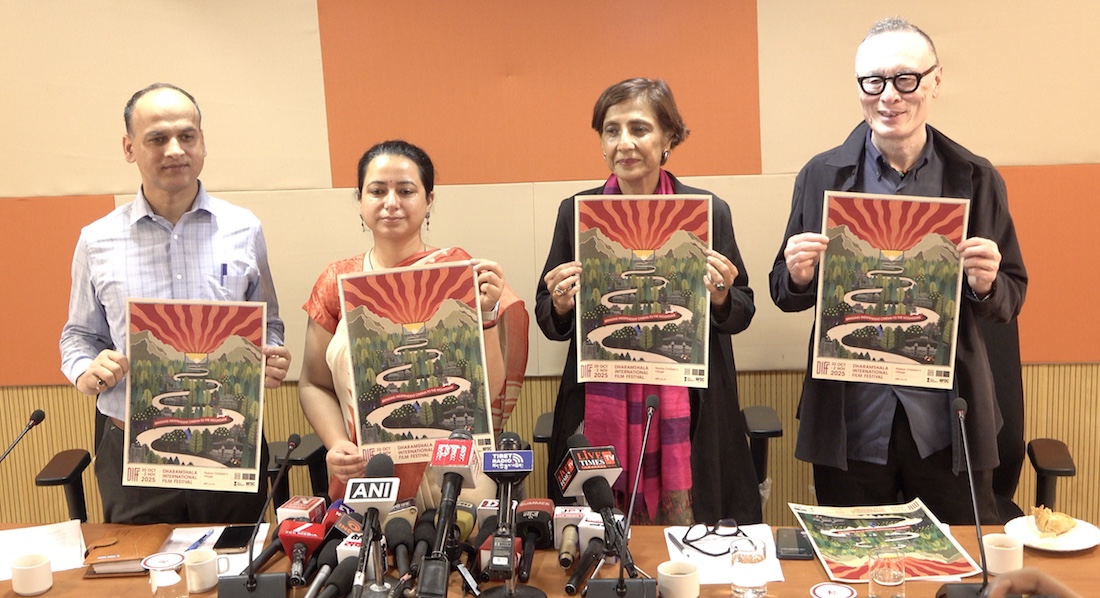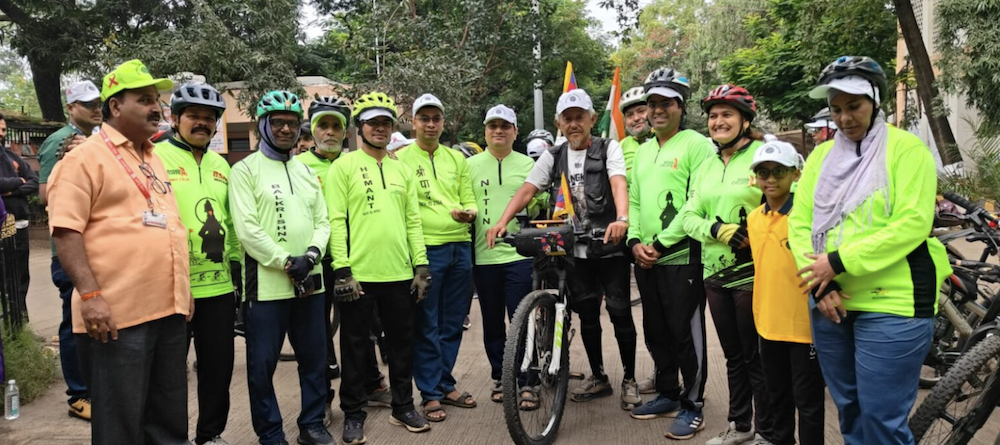 BANGALORE – Chokhor Duchen is just past over the weekend, the last sermon that the Buddha gave centuries ago was marked by Tibetans here with prayer and ceremonial tying of scarves.
BANGALORE – Chokhor Duchen is just past over the weekend, the last sermon that the Buddha gave centuries ago was marked by Tibetans here with prayer and ceremonial tying of scarves.
These Tibetans may be small in number, most of them young, but the spirit from the Roof of the World, from a land surrounded by snowclad mountains, beats very much in the city. There are less than a 1,000 Tibetans in the city, but Karnataka is home to the largest number of this community outside Dharamsala, where their spiritual head and the Government-in-exile, His Holiness Dalai Lama, has sought refuge.
From amongst these people here, the disappointment of India recognising Tibet Autonomous Region as an inalienable part of China, could be hardly heard but for a flicker. Then again, this is how Tibetans are. ‘‘Tibetans are very quiet, shy and scared of hurting others,’’ says 23-year old Yang Chen, describing her people. Most of them here are in schools, colleges, in the woolen trade and other petty jobs.
But Yang is lucky. She works in a call centre in ITPL. Her parents live in the Tibetan settlement in Bylukuppe. ‘‘My father and mother were born in Lhasa, they came came here when the trouble started. After a few years, I was born,’’ she says.
The first Tibetans started coming into the State in the 60’s. Many, it is said, could not stand the blistering heat and perished. They settled down in colonies in Bylukuppe, Hunsur, Kollegal and Hubli. Today, they number around 36,000 across the State.
‘‘You will be surprised to hear the Kannada some of them speak,’’ says Chopel Thuten, Central Tibetan Administration (South).
Many like Yang’s parents sent their children to the city for education, unraveling the threads of transition. Yang can speak Tibetan but ‘‘not all that good.’’ She is fluent in English and can converse in Kannada.
Her Tibetan identity, however, she holds on too tightly. ‘‘I will obviously marry a Tibetan. We are all concerned about our community,’’ Yang says, unknowingly carrying the onus of an ancient civilization and culture.
She makes salt tea or bhyon, cooks mo-mo’s, Thukpa (a soup), Thenthu which ‘‘is the easiest way of making noodles,’’ all of which is quite a rage among her colleagues at work.
The community is held together by the love for the Dalai Lama. And the issue of occupied Tibet is kept alive through the Tibetan Government in exile. But change, she knows, is inevitable with every passing generation. ‘‘Sometimes, when I see young Tibetan kids, I am afraid,’’ Yang says unable to explain further.
But for the young Tibetan, identity is redefined, may be, but still strong. Tenzing Chidon, Yang’s friend, has just moved from Delhi, she thinks ‘‘Bangalore is the best place.’’ But like Yang, she too dreams of returning to a free Tibet. ‘‘I think I will stay there,’’ says Tenzing, once she can return.









